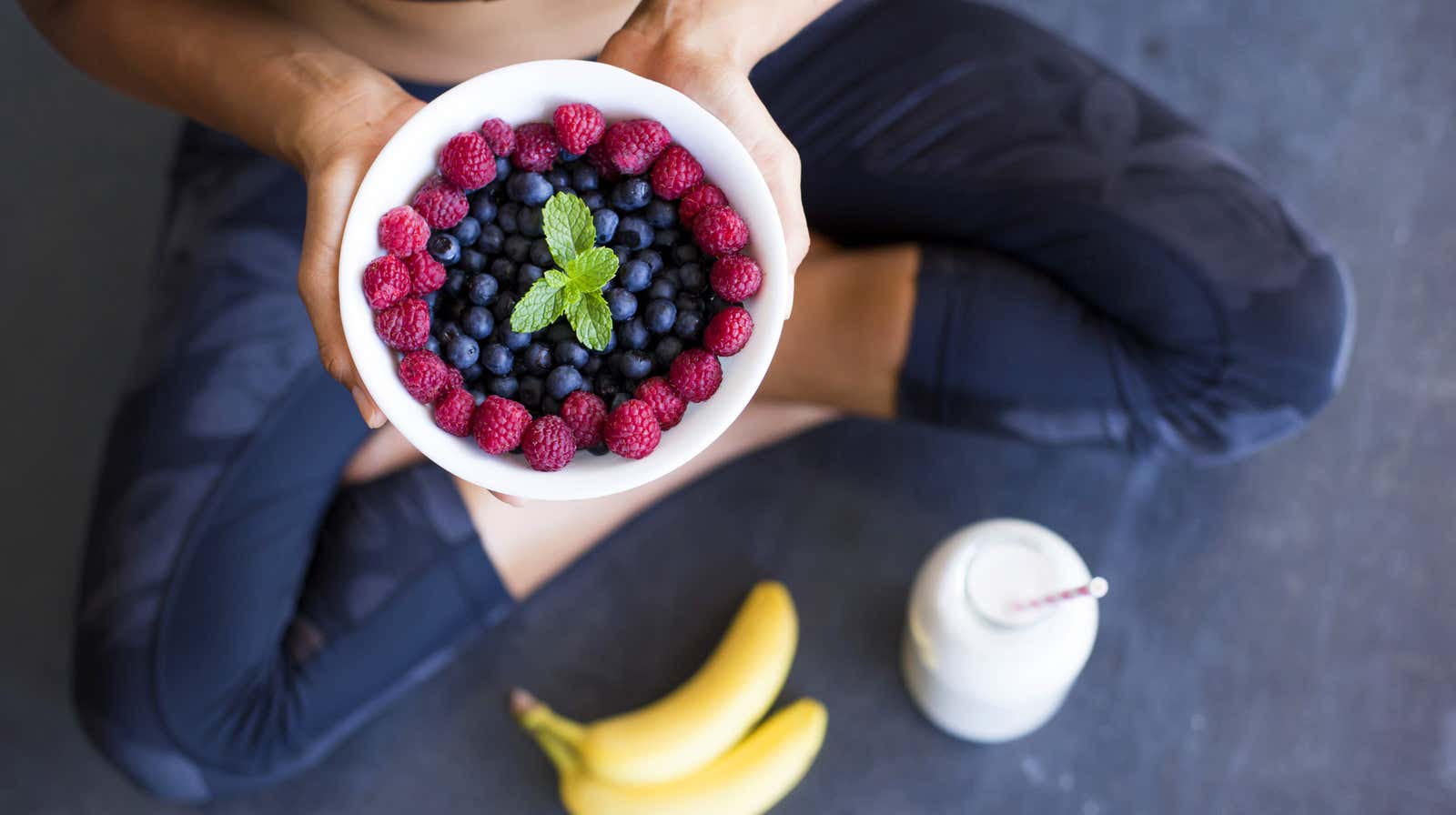Leave These Nutritional Myths Behind in 2019

As we begin a new year and possibly a new decade, I think there are a few things we can safely do without. Here are three nutritional myths that I believed, or maybe wanted to believe at the beginning of the decade, and why I am leaving them behind.
Myth: Certain Chemicals Make Food “Good for You”
Remember superfoods? Anything high in antioxidants should be especially beneficial for you. The buzzwords have changed, but the concept has remained the same: We constantly hear that the flavonoids found in, for example, coffee or red wine make food especially healthy.
But these ideas tend to come from studies that look at one food component in isolation – often in laboratory studies that are far from human. For example, it’s okay if you extract one chemical from red wine and give it to mice, the mice may have slightly lower levels of inflammation-related biomarkers in their blood. So? This does not mean that a person who has a habit of drinking red wine will be healthier than someone who does not drink at all.
We don’t eat nutrients, we eat foods; and we not only eat food, we live a rich life that includes hundreds of meals and hundreds of considerations, in addition to what can lower the level of a certain chemical in our blood.
Eat vegetables, eat a variety of foods, you know what exercise is. If you doubt whether there are these berries or these berries, you are wasting your time.
Myth: keto has a magical effect on metabolism.
The popularity of keto and other low-carb diets is staggering. Remember Atkins? His induction phase was largely a strict keto diet and dates back to the 1970s.
At the beginning of this decade, there was still the possibility that the ketogenic diet – a diet low in carbohydrates that provides a specific blood chemistry – has a particular effect on our metabolism. But since then, we’ve seen several rigorous studies that test this hypothesis, and they have found that neither a low-carb diet, nor any diet in particular, has biochemical benefits.
All diets seem to work equally well (or equally bad to be honest – almost everyone regains lost weight in the long term) as long as they restrict calories to about the same amount. So it’s really important to choose a diet that you can stick to, whether it’s low-fat or low-carb or something else.
Myth: meal time is very important.
I am convinced that meal times have only become relevant because people are looking for lightweight things that can be optimized. Maybe you have trouble eating the right amount and type of food, but at least you can shorten the time. Or perhaps you want to prove to yourself that you are serious about training, so take the time to plan the perfect post-workout shake.
Just as low-fat and low-carb diets work equally well, there is no conclusive evidence that intermittent fasting is better or worse than many small meals a day. If you like breakfast, you can eat it; if you don’t, that’s okay .
While there is some evidence that meal time during exercise matters, its effect is small compared to the basics of what and how much you eat. Just because you can’t get 30 grams of protein right after your workout doesn’t mean your muscles will shrink and die. (I vividly remember looking at my watch after the gym to make sure I got the shake within the estimated 30 minute window.) Turns out the time to get this protein is probably several hours . So it’s okay for most to just schedule a workout between meals – lunch and dinner, say, or breakfast and lunch – rather than sweating at a specific time.